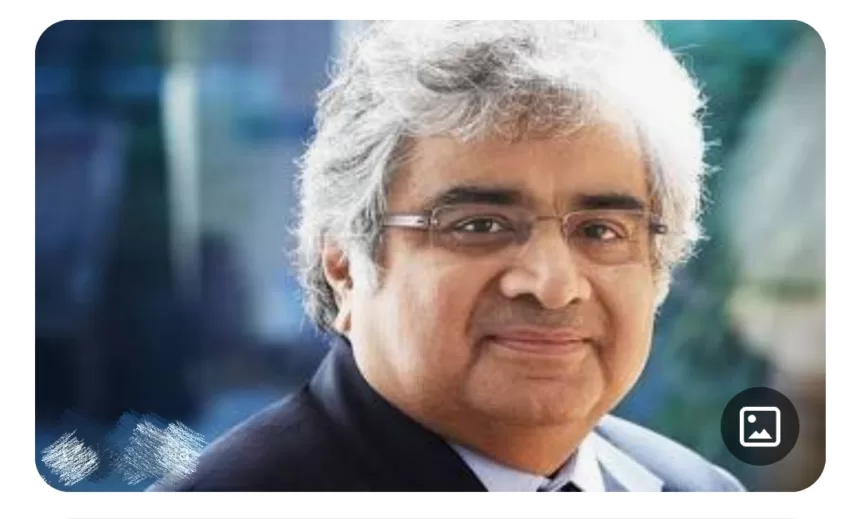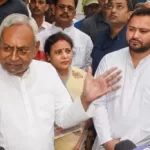Harish Salve, the senior advocate, elucidated in the Supreme Court that Article 370, in the context of Jammu and Kashmir’s integration into India, was a “political compromise,” born out of the necessity to reconcile disparate viewpoints that existed during that time. The intricacies of this compromise were underscored by Salve, who represented safai karamcharis, as he emphasized that even within the Congress Working Committee, sharp divisions prevailed, with Sardar Vallabhbhai Patel expressing reservations.
Salve expounded that Article 370 served as a “workable arrangement,” allowing for a phased transfer of power, while affirming the absolute and irreversible accession of Jammu and Kashmir to India. He underscored the historical importance of Article 370, shaped by the complex geopolitical landscape and concerns surrounding the troubled relations in the region. Furthermore, Salve highlighted the Constitutional flexibility embedded within Article 370(3), which provided a mechanism to disapply the arrangement if it failed to fulfill its intended purpose.
In the context of this intricate political compromise, senior advocate Rakesh Dwivedi, representing advocate Ashwini Upadhyay, emphasized the need for a careful approach, stating that the burden rested on the petitioners to unequivocally demonstrate the correctness of their claims. Dwivedi’s assertion underscored the nuanced and multifaceted nature of the Article 370 debate, acknowledging the existence of contrasting sentiments.
The ongoing hearing, presided over by a five-judge Constitution bench led by CJI D Y Chandrachud, continues to address petitions challenging the modifications made to Article 370, with the importance of Constitutional interpretation and political considerations at its core.







